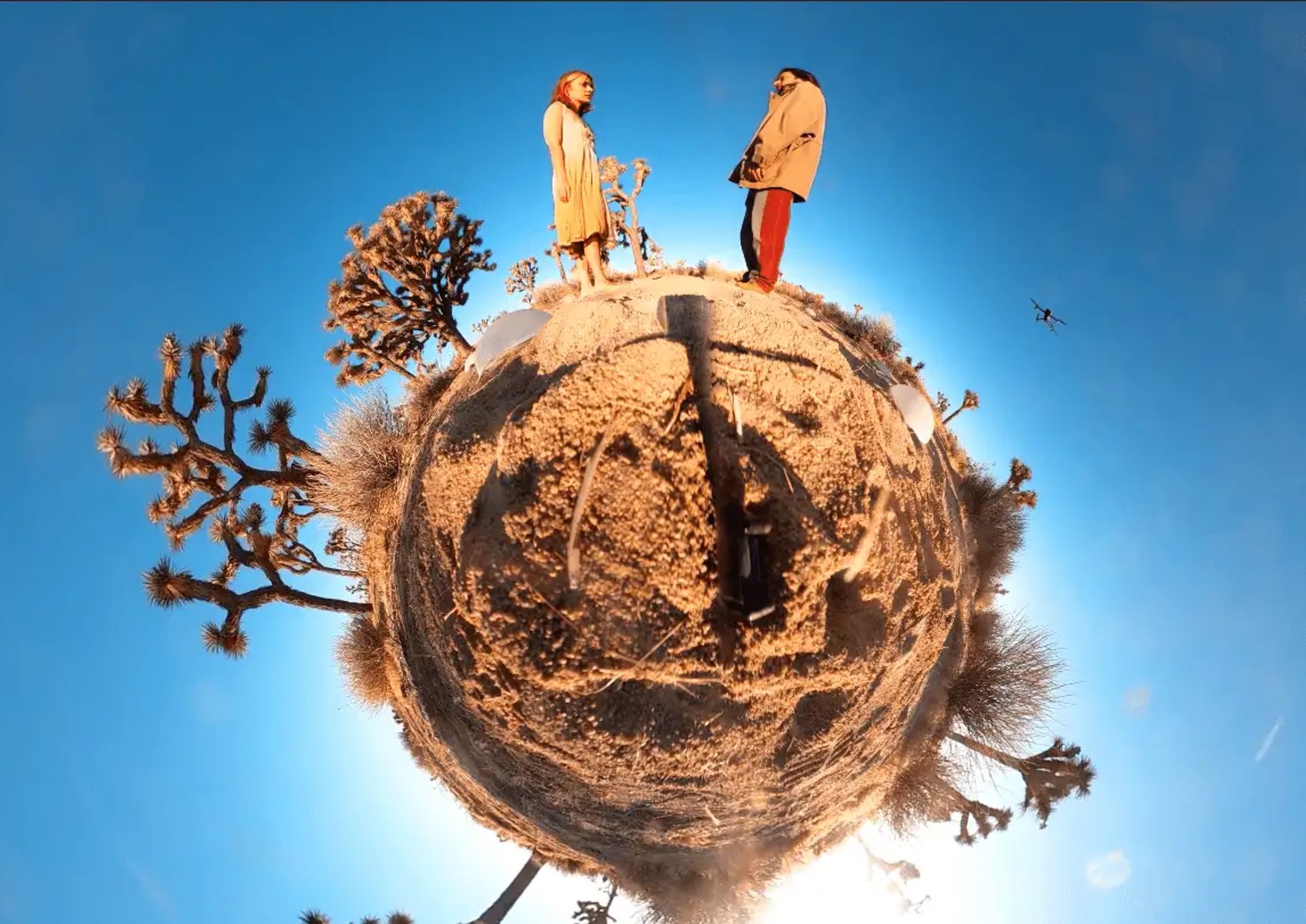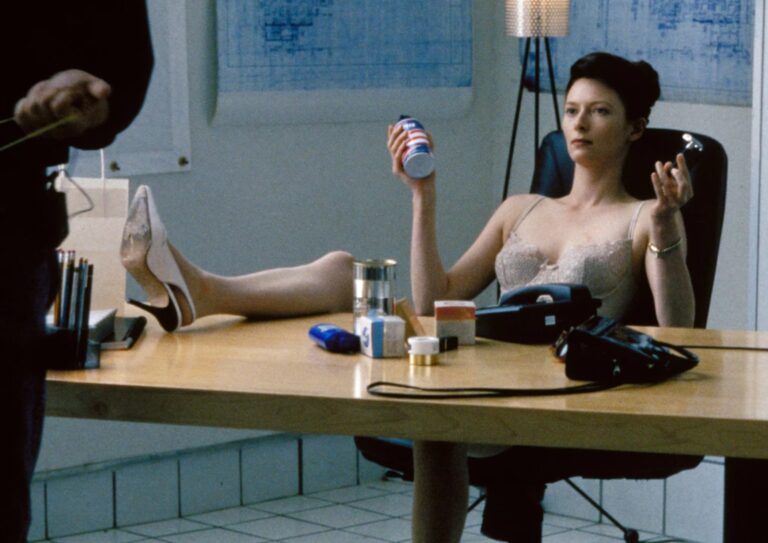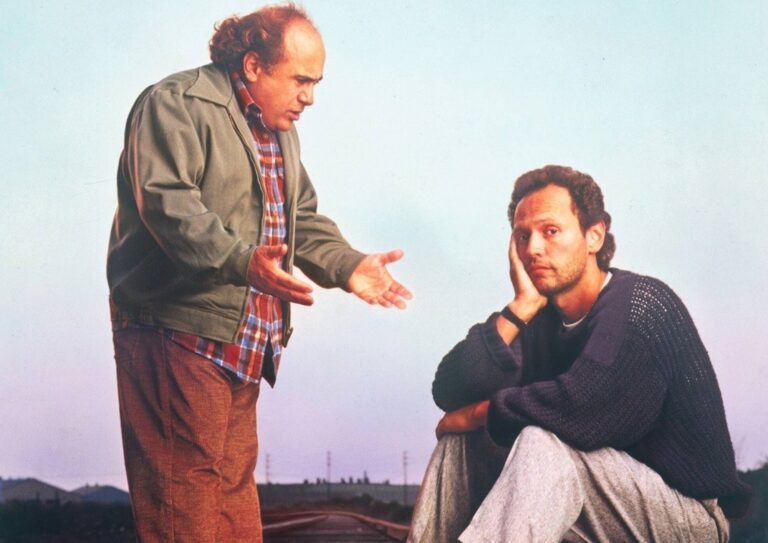Cinema In Crisis
Filmmaker Eugene Kotlyarenko on the state of cinema and his new film The Code.

Cinema is under attack. It’s not just a personality crisis; it’s a reality crisis. Art is an extension of the world we live in and ephemerality is the order of the day. Ubiquitous documentation has flattened the meaning of experience; there are so many images out there, it feels like none of them matter. Endless visual mediation accumulating into a deep blinding darkness; the image of consciousness disappearing. In a world like this, how can our great moving picture art reach for the eternal? I guess this is the sort of question every filmmaker asks, consciously or not, when they approach a new project: can I make something that meaningfully addresses life and cinema, at least as I see it?
Between 2020 and 2023 I wrote several scripts about the experience of COVID and lockdown. I was told by many people that no one wanted to see work about the topic, and indeed the art that I had seen about it was off-putting — didactic, cloying or ridiculous. Yet how could I ignore the urge to grapple with one of the only global phenomena of the last 20 years. In a siloed society, where no event can be assumed as universal and trauma-honor is greedily hoarded, finally a tragedy we all experienced together! In the midst of it, I saw salient trends emerge from an ever more elusive tether to reality — online activism, virtual currency in the form of NFTs, quick make-a-wish-coupling and intense rip-the-bandaid-off-uncoupling. Everything contributed to feelings of anxiety and paranoia- not just about the virus, but the state of the world. It wasn’t clear what was going to happen and the official narrative was threadbare. Skepticism towards “the true story” had already permeated the culture, as terms like “fake news” and “misinformation” were bandied about across the political spectrum. And yet I didn’t see many films attempting to interrogate how this attitude created suspicion within our daily lives and personal relationships. What space does love hold in this upside-down world? Inside or outside; hovering or adjacent? Romance? Lust? Devotion?
These observations soon linked up with a long fascination I had with the works of author Junichiro Tanizaki; specifically The Key, which used a form that destabilized the narrative perspective. I was intrigued by that idea since I first fell in love with movies, fixating on Rashomon and multi-screen master-sequences from filmmakers like De Palma and Greenaway, not to mention the high-concept TV-thriller, 24. All of this became the fertile ground from which The Code emerged.
Like my last film Spree tried to reconfigure found footage via livestreaming, The Code is an attempt to revive the staleness of mockumentary with a story motivated by surveillance and competition. On top of that, it became a way to foreground film editing in a way I’d never seen before— as the final attempt at narrative control. Up until our moment of the “Consumer-Creator,” the unique part of filmmaking, editing, had also been the most hidden. Now that it was understood by culture at large, I felt it was ripe for satire. When weighing how to inject editing into storytelling, I began to think about Bach’s fugues which invited not only interpretation or execution, but completion by the player and receiver. Could a meta-approach to the edit complicate completion, layer interpretation and most importantly recontextualize lived experience?
I was lucky enough to find a producer in Alex Hughes, who understood what I was trying to do, and even had a similar passion for Tanizaki. From Alex onward, the project was fortunate to gather collaborators who were not only excited by my script or ideas, but wanted to add their own meaning to it. Not easy in LA, or anywhere for that matter. Together we gave reality to my initial thoughts and executed a complex, but nimble plan.
Intentions and plans are of course one thing and the act of making a movie is another. The slings and arrows of outrageous fortune riddle every project with anecdotes to last a lifetime. Those stories are for another time. The movie is for now. And I hope it is a movie for our time, that addresses the crisis in cinema and culture through humor and inventiveness. I’ll let you be the judge. A movie only really begins when we put it out into the world, it takes an audience to complete it.
*Words by Eugene Kotlyarenko



